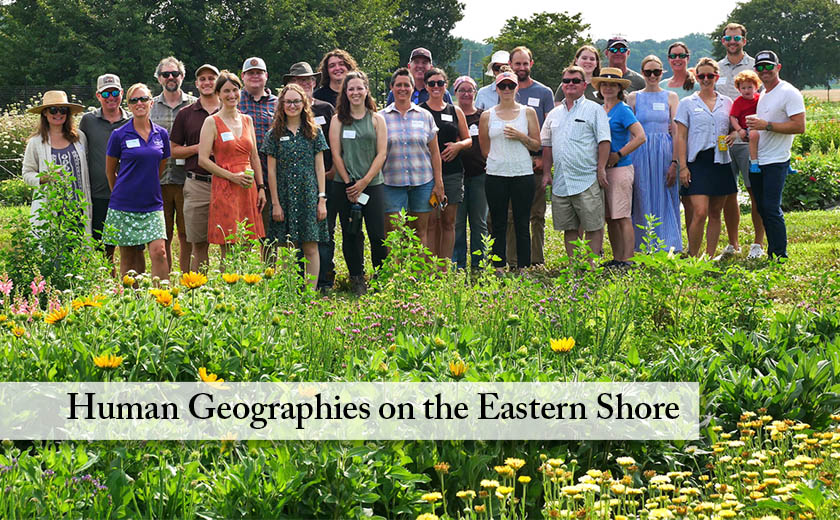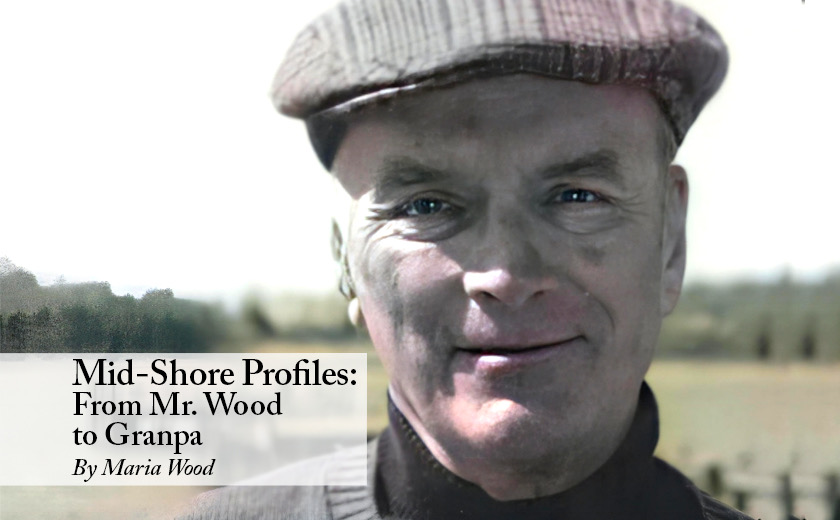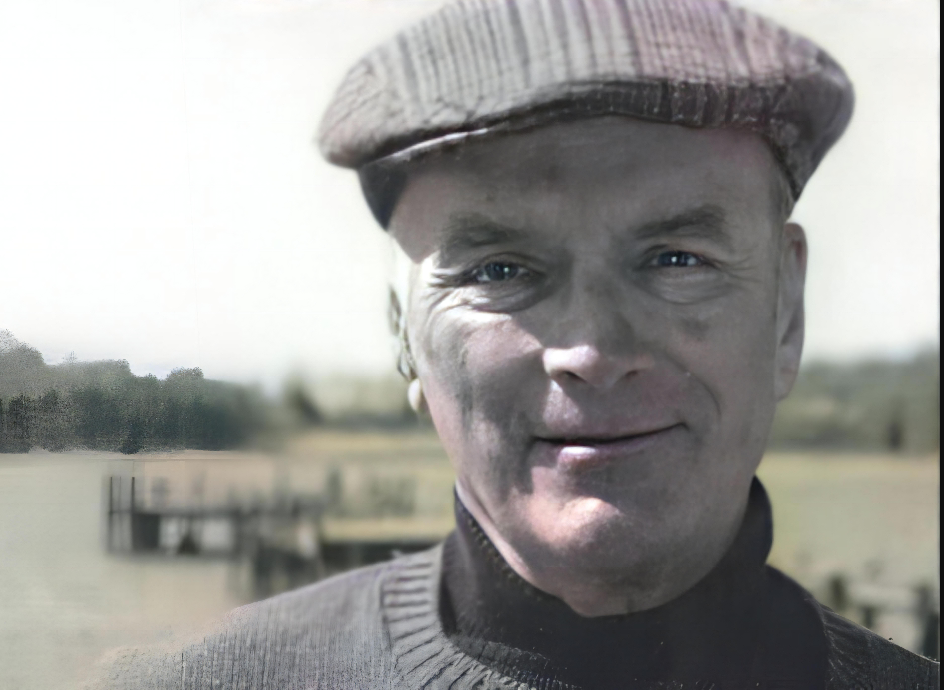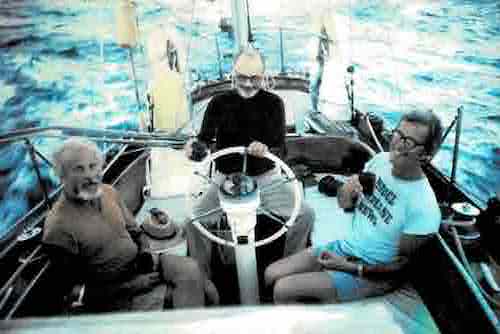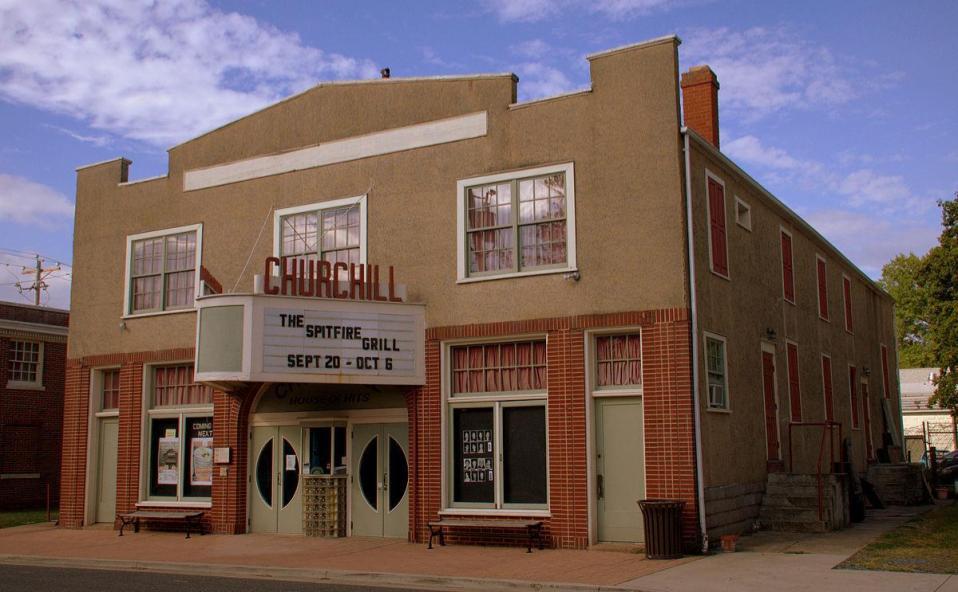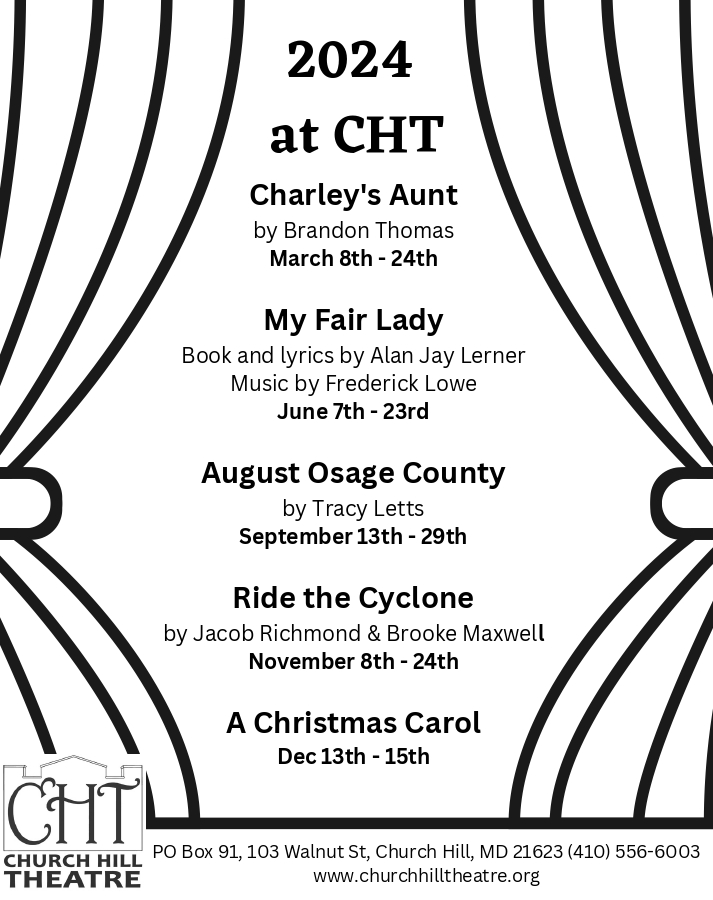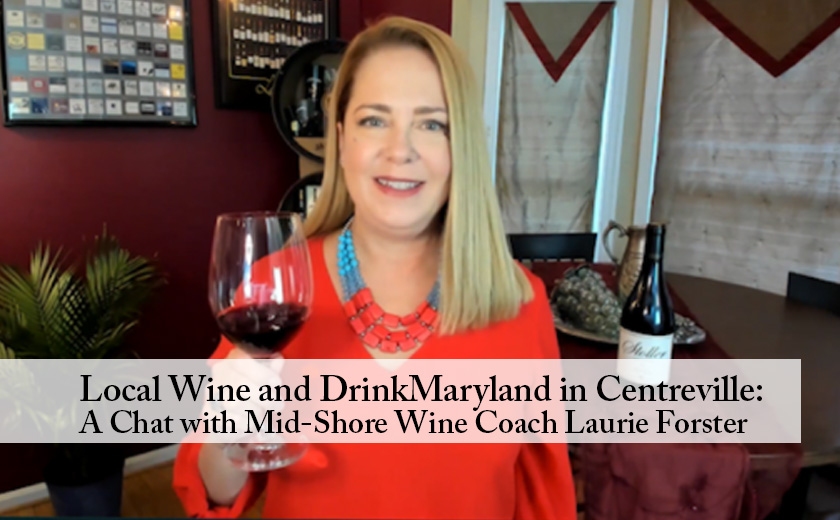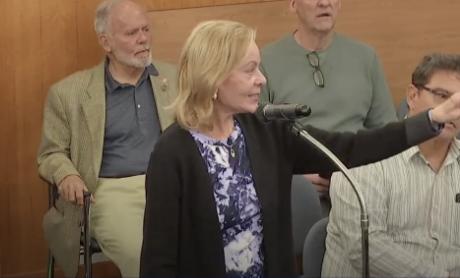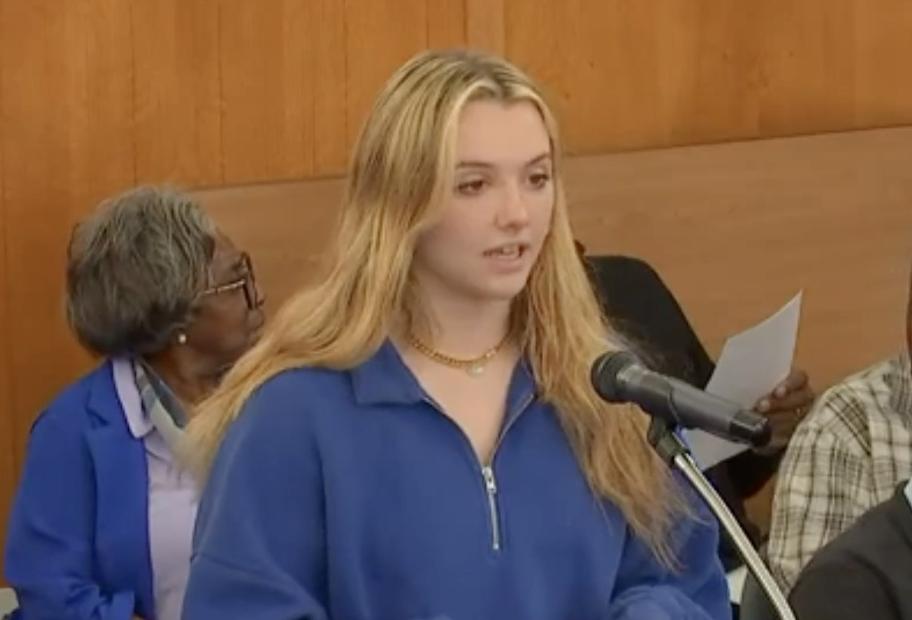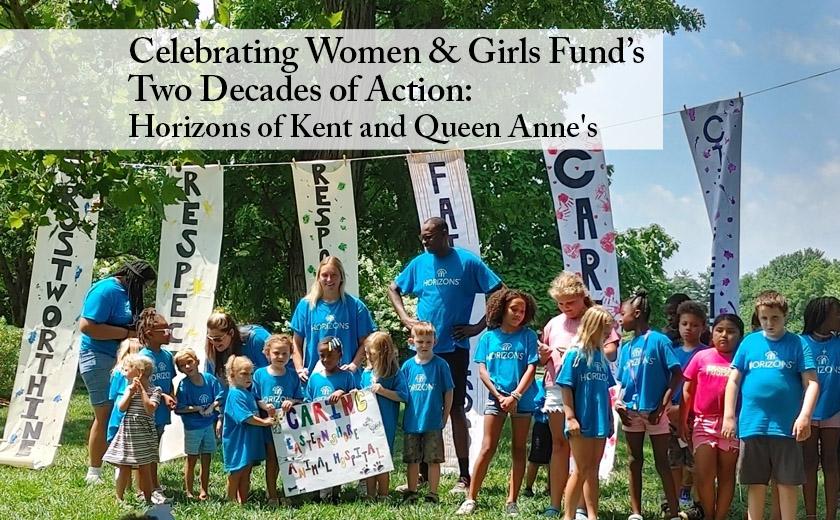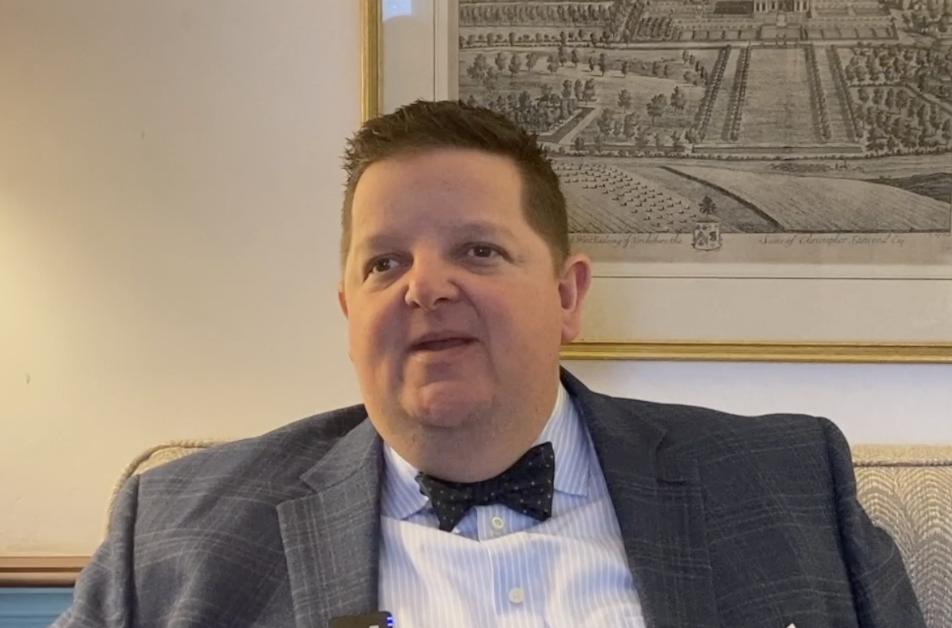Before my memory begins, but not really so very long ago, the only way to cross the Chesapeake Bay was in a boat. Even after the first span of the Bay Bridge was built in 1952, a culture of geographical isolation persisted. Even after the second span was added, a trip to the Western Shore was a big, rare, deal in my growing up years in Centreville. As a result, pretty much everyone on the Eastern Shore lived a life deeply rooted in farming and immersed in the world of watermen. Even if you didn’t grow food in the soil or pull it out of the water yourself, blood or business linked you to those who did. Anyone you saw in the post office, be they teachers or bankers or car mechanics, were entwined in the specific geographies of this area in a material, dirt-beneath-your-fingernails, river-water-in-your-ears kind of way.
The defiant old refrain, “Don’t give a damn ’bout the whole state of Maryland, I’m from the EASTERN SHORE” came from resistance to building the Bay Bridge, and reflected the pride and fierce insistence on retaining a self-sufficient existence entwined in community and developed over centuries. There were two sides to this coin, of course (or more, if you want to get inter-dimensional about it). Self-sufficiency and a deep sense of place and community in the “land of pleasant living” also meant insularity, a lack of opportunities and resources from the outside world, and new ideas coming as fast as molasses going uphill in January, as my mother used to say.
It’s a bit different today. I left, as so many of us do, and returned years later to find that change does come eventually, even here, where the culture and the landscape seem to measure time on an entirely different scale from the outside world. Nowadays, farms and fishing no longer connect the whole of the population to the rhythms of the seasons, the taste of brackish water, and the squidge of mud caked on tractor tires. People can live on one side of the Bay and work on the other. Retirees are drawn here, contributing experience and perspectives from illustrious lives and all kinds of careers in all kinds of places. And of course, a generation of digital nomads can live where they choose while working in industries that weren’t dreamt of, not so very long ago.
 Unequivocally, this is progress. Like all progress, it creates opportunities and uncovers gaps that didn’t previously exist… or hadn’t been recognized. It means things are different for the crop of farmers and custodians of the land who have been coming up into 21st century Eastern Shore life. They have access to resources, ideas, and possibilities unavailable to previous generations—but peers and colleagues are a little harder to find, and the average post office interaction is less apt to include someone who can tell you where to get a water pump for an old 1972 John Deere tractor, or how to navigate the paperwork for the newest USDA farm program, or how to ensure that the farm will still be here for your kids decades from now—that is, if the kids want anything to do with it.
Unequivocally, this is progress. Like all progress, it creates opportunities and uncovers gaps that didn’t previously exist… or hadn’t been recognized. It means things are different for the crop of farmers and custodians of the land who have been coming up into 21st century Eastern Shore life. They have access to resources, ideas, and possibilities unavailable to previous generations—but peers and colleagues are a little harder to find, and the average post office interaction is less apt to include someone who can tell you where to get a water pump for an old 1972 John Deere tractor, or how to navigate the paperwork for the newest USDA farm program, or how to ensure that the farm will still be here for your kids decades from now—that is, if the kids want anything to do with it.
Enter Next Generation Land Stewards!
NGLS is a new program under the ShoreRivers umbrella, conceived and created by two ShoreRivers staff members: Agriculture and Outreach Coordinator Laura Wood, and Director of Community Engagement, Darran Tilghman. Laura and Darran were each navigating this 21st century landscape with their families, and knew they couldn’t be the only ones asking the same questions and working through the same challenges. With a healthy dose of the hallmark Eastern Shore mindset of self-sufficiency, they recognized the need and invented a solution.
Darran and Laura sent out a call for others in similar situations to join an inaugural cohort of up and coming land stewards, assembling a group of active farmers with a variety of interests and specialties, people with non-farm day jobs, and members of upcoming generations preparing for the responsibility of protecting and preserving family farms. With a grant from the National Fish and Wildlife Foundation, they developed a plan for a new program offering support, community, and resources to people working to preserve and protect Eastern Shore land while making them productive, profitable, and joyful for current and future generations. The first year, a pilot, would feature four gatherings where the group would eat together, hear from local experts on relevant topics, learn about each other’s farms and properties, and get to know each other. After the first two convenings, the program is already, without reservation, a raging success.
The first gathering took place on a sparkling late spring evening on the historic Hermitage Farm, beside the Chester River outside of Centreville. Dan Small, a field ecologist and manager of the Natural Lands Project at the Center for Environment and Society spoke and answered questions about how he helps public and private landowners navigate the incentive programs and access available funding to help generate income and support wildlife and clean water by installing wetlands and habitat buffers. Wildly Native Flower Farm in Chestertown hosted the second get-together, on an unbelievably hot morning in July. Liza Goetz led a tour of the farm and answered eager questions about the intricacies of a multi-generational business including grandparents, parents, and adult children participating and living on site. Michael Ports and David Satterfield of the Eastern Shore Land Conservancy led a lively discussion about conservation easements.
Common themes emerged from the earliest moments of the first event: Love of the natural beauty and native flora and fauna; hope that today’s children will feel as profoundly connected to the place as their parents, and that they’ll be able to make it work on the Eastern Shore if they choose to stay. The struggle to make a small farm a viable business, and the creative approaches people have taken to generate additional revenue, such as Airbnb-ing, events hosting, and other side-businesses—or, indeed, full-time day jobs. The challenges of multi-generational decision-making and maintaining relationships with stakeholders who may be faraway and may or may not understand the joys and miseries of protecting, preserving, and working the land. Concerns about climate change, sea level rise, and market fluctuations.
Connecting the future with the past
Farms and workboats are still iconic elements of Eastern Shore life, but unlike in years gone by, it’s perfectly possible in 2023 to to live outside the daily dirt-beneath-your-fingernails, river-water-in-your-ears experience that was a matter of course until so very recently. The losses and gains of such changes are part of a natural flow; humans have always moved around and explored. What is constant are the impacts: of humans on the land and each other, and of the specificities of environments such as the Eastern Shore on the people who inhabit them. Our lives are enriched in these intersections, and at the same time, what we lose in the process makes us pine for a past that seems to slip away just as we begin to appreciate it.
Already, Next Generation Land Stewards seems to be charting a course between overcoming the challenges and embracing the possibilities of a forward looking vision. I foresee it becoming an enduring and essential source of information and community for upcoming farmers and custodians of the land as they find ways, in Laura’s words, “to navigate the responsibilities of multigenerational land stewardship,” in community with others who are also caring for the land with an eye on the future while managing it for financial and agricultural success in the present, and preserving the sense of timelessness and singularity that makes it feel so special.
Laura and Darran are full of visionary ideas for growing Next Generation Land Stewards beyond this initial year. Indeed, based on enthusiastic requests, additional informal get-togethers are in the works for this year to give the the group more chances to connect, share, ask questions, and hang out without agenda. ShoreRivers has already applied for funding to continue the program next year., If all goes well NGLS will become a deeply resourced and ongoing element of the organization’s portfolio, connecting and empowering successive new cohorts of Eastern Shore farmers and land stewards for years to come.
Maria Wood traveled throughout the country as production and tour manager for award-winning musician David Grover, with whom she co-founded a non-profit organization dedicated to enhancing education and fostering positive social change through music and music-making. She returned to school mid-career, earning a BA in American Studies and a Certificate in Ethnomusicology from Smith College. More recently, she has written and taught on the meaning and impact of the musical Hamilton, served as Deputy Campaign Manager for congressional candidate Jesse Colvin and was Executive Director of Chestertown RiverArts. She lives in a multigenerational human/feline household in Chestertown.
